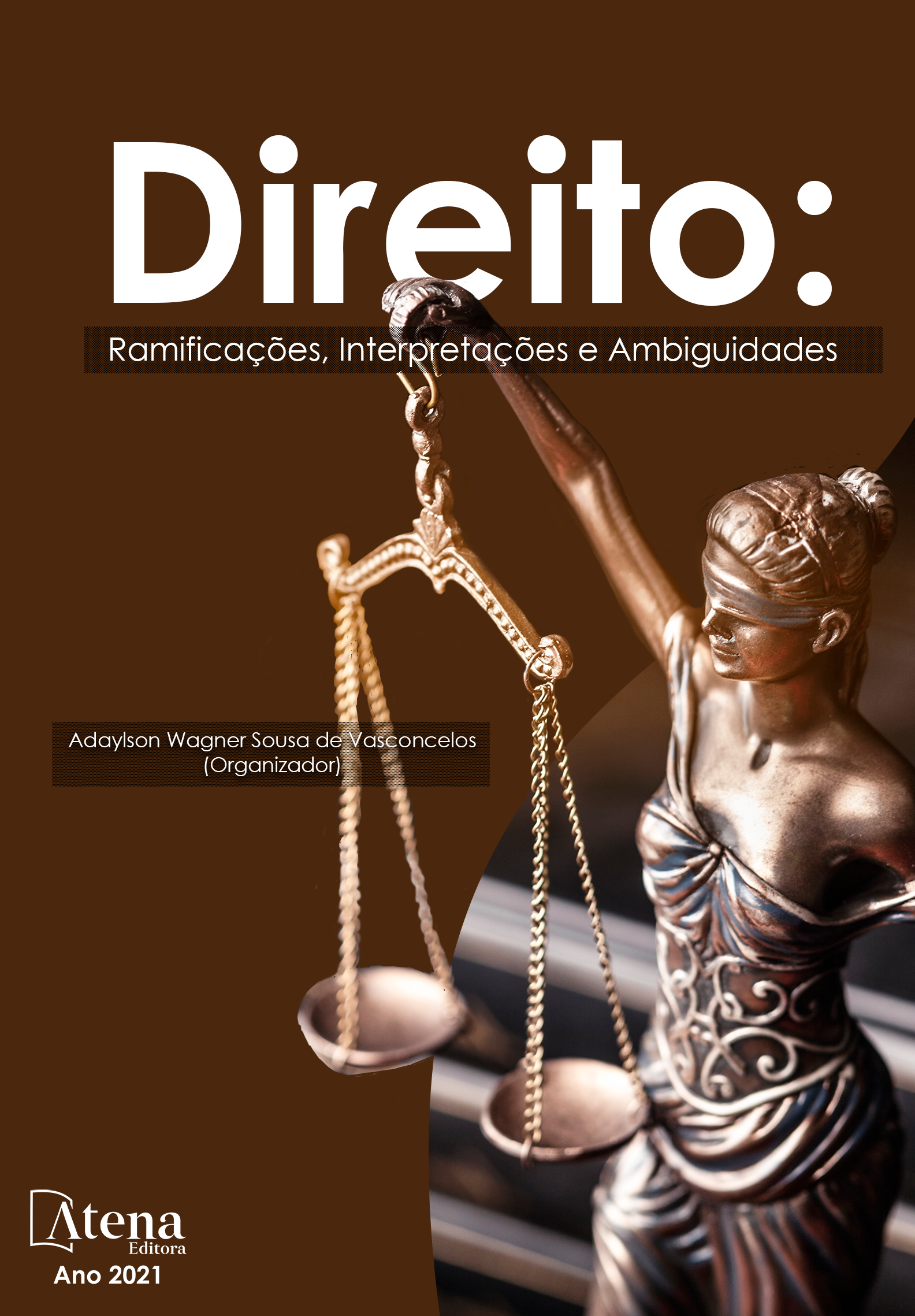
PROSECUTOR VERSUS JEAN-PIERRE BEMBA GOMBO: O TRIBUNAL PENAL INTERNACIONAL E A RESPONSABILIDADE DO COMANDO
A responsabilidade de comando implica a responsabilidade do superior pelo descumprimento de agir para impedir condutas penais de seus subordinados. O superior é responsável tanto por sua falta de controle e autoridade no evento em que se cometem os crimes quanto por condutas penais alheias. O princípio da responsabilidade de comando, consagrado no artigo 28 do Estatuto de Roma, tem se convertido em um dos mais relevantes mecanismos de Direito Penal Internacional e de Direito Internacional Humanitário com vistas a combater a impunidade de crimes internacionais. No presente artigo pretendeu-se analisar a decisão do caso do político congolês Jean-Pierre proferido recentemente pelo Tribunal Penal Internacional (TPI), enfatizando-se o pioneirismo da fundamentação sob o princípio da responsabilidade de comando. Para tanto, apresentou-se a evolução da jurisdição penal internacional frente ao redimensionamento da ideia clássica de soberania e da responsabilização dos agentes estatais em face da proteção aos direitos humanos. Procurou-se discutir a natureza jurídica da responsabilidade superior a partir da problematização do caráter peculiar da imputação ao superior consistente em uma omissão. Por fim, circunscreveu-se a análise do caso Jean-Pierre Bemba Gombo, buscando-se evidenciar a relevância do julgado e suas inúmeras inovações, notadamente, a responsabilização penal do “superior de comando” fundada no princípio da responsabilidade do comando, cujas tropas promoveram crimes internacionais, mesmo que não os tenha diretamente ordenado ou estado no local, bem como o entendimento igualmente pioneiro daquela Corte quanto à violência sexual ser considerada um crime contra a humanidade. Conclusivamente, sustentou-se que a referida decisão representou um avanço em relação ao fim da impunidade e a toda forma de injustiça.
PROSECUTOR VERSUS JEAN-PIERRE BEMBA GOMBO: O TRIBUNAL PENAL INTERNACIONAL E A RESPONSABILIDADE DO COMANDO
-
DOI: 10.22533/at.ed.8852110034
-
Palavras-chave: Tribunal Penal Internacional. Estatuto de Roma. Responsabilidade do comando.
-
Keywords: International Criminal Court. Rome Statute. Command responsibility
-
Abstract:
The command responsibility entails the superior responsibility for the act of failure to prevent criminal conduct of its subordinates. The superior is responsible both for its lack of control and authority in the event in which crimes are committed and for others’ criminal conduct. The principle of command responsibility in article 28 of the Statute of Rome has become one of the most important mechanisms of international criminal law and International Humanitarian Law in order to combat impunity for international crimes. This article aimed to analyze the decision in the case of the Congolese politician Jean-Pierre delivered recently by the International Criminal Court (ICC), emphasizing the pioneering of the foundation under the principle of command responsibility. It presented the evolution of international criminal jurisdiction before the resizing of the classical idea of sovereignty and accountability of state agents in the face of human rights protection. It was sought to discuss the legal nature of superior responsibility from questioning the peculiar character of the imputation to the superior consistent in an omission. Finally, it was circumscribed the analysis of Jean-Pierre Bemba Gombo’s case seeking to prove the relevance of the trial and its numerous innovations, notably the criminal liability of the “superior command” founded on the principle of command responsibility, whose troops promoted international crimes, even if they were not directly ordered or been on site, as well as the equally pioneer understanding of that Court in relation to sexual violence been considered a crime against humanity. Conclusively, it was argued that the decision represented an improvement over the end of impunity and all forms of injustice
-
Número de páginas: 32
- Geziela Iensue


